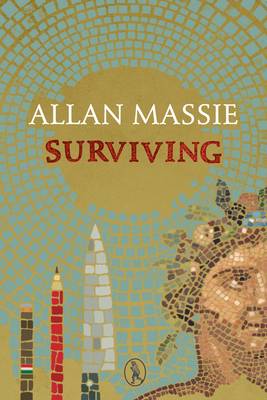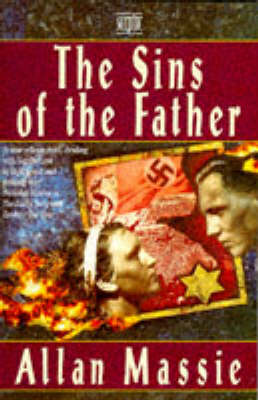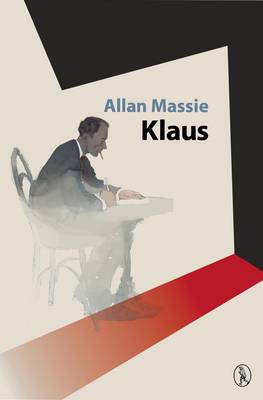Vagabonds
3 primary works
Book 3
Like The Death of Men, one of Massie's great novels, Surviving is set in contemporary Rome. The main characters, Belinda (the heroine of the Massie's second novel, The Last Peacock), Kate, an author who specialises in studies of the criminal mind, and Tom Durward, a scriptwriter, attend an English-speaking group of Alcoholics Anonymous. All have pasts to cause embarrassment or shame. Tom sees no future for himself and still gets nervous "come Martini time". Belinda embarks on a love-affair that cannot last. Kate ventures onto more dangerous ground by inviting her latest case-study, a young Londoner acquitted of a racist murder, to stay with her. There is another murder, but this is not a murder mystery. What matters is the responses of the characters to the catastrophe. The atmosphere of Rome is lovingly evoked. The dialogue, in which the characters reveal themselves or seek to avoid doing so, is sharp and edgy. Allan Massie dissects this group of ex-pats in order to say something about our inability to know, still less to understand, the actions of our fellow human beings, even when relationships are so intense.
It is also, therefore, impossible or at least difficult to make informed moral judgements of others. This is an intelligent book that examines human nature with a deft and light touch.
It is also, therefore, impossible or at least difficult to make informed moral judgements of others. This is an intelligent book that examines human nature with a deft and light touch.
Book 9
A Nazi war criminal's son and a Holocaust survivor's daughter decide to get married in the pleasant, middle-class conformity of sixties Argentina. When the two families come together, Becky's blind father recognises the voice of the former SS officer, and sets off a chain of events that to varying degrees damage everyone at that meeting. Franz has to discover the real past of his rather distant father, who is kidnapped by Mossad agents and taken to Israel for trial. The action shifts to that country, and then to England. Allan Massie uses this drama to explore a wealth of ideas concerning such themes as guilt, retribution, identity, power, political motivation, memory and above all, as the title implies, the effects of brutal conflicts and war crimes on the following generation. Massie does not dwell on the savagery of the crimes, but forensically analyses the scar they leave in history, suggesting that, post Holocaust, we inhabit a different moral world - a world in which we can no longer ignore the enormity of the crimes of which we are capable.
Book 15
Klaus is a novella that recounts the last days of Klaus Mann's life, while referring back to the trials of the Mann family (Klaus being Thomas Mann's son) and Klaus's own autobiographical novel, Mephisto, one of his better known works partly because it was banned in West Germany for decades. This unlocks his relationship with both his father and his former lover, Gustaf, who was a communist before collaborating with the Nazi regime and becoming one of its most celebrated actors. On his return to Germany after the war, Klaus was outraged to see that Gustaf had now switched seamlessly to the post-war regime, and was once more the darling of the theatre world. Klaus, who had been isolated as both a homosexual and an anti-fascist, felt that Germans or rather those Germans in prominent positions were refusing to acknowledge their culpability. His isolation was now complete.


